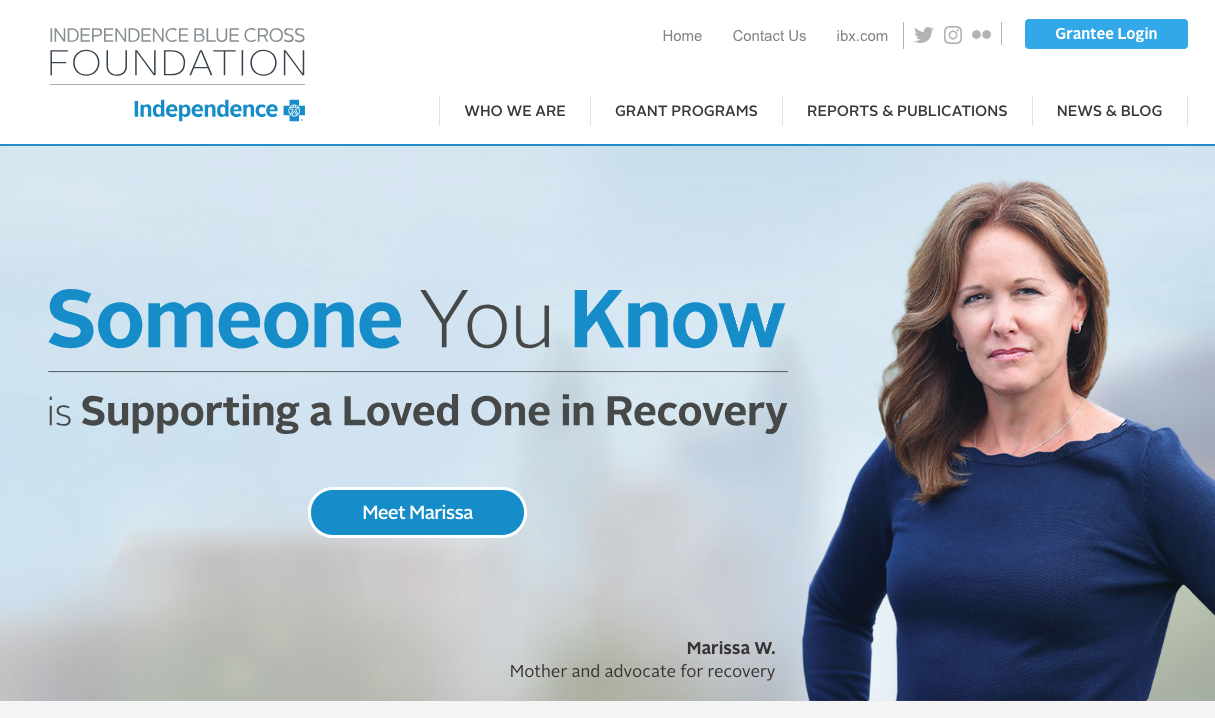Arnold Makes Jails a New Front in Battle Against Opioid Addiction
/Joseph Sohm /shutterstock
Arnold Ventures continues to expand its work on criminal justice issues. Earlier this year, we reported on a multimillion-dollar initiative aimed at reforming pretrial justice. More recently, the funder committed millions more toward research on gun violence, an area that has been woefully underfunded, thanks in part to the Dickey Amendment, passed by Congress in 1996.
Meanwhile, Arnold has also emerged as one of the few national funders giving big to battle an opioid epidemic that claimed 49,000 lives in 2017, committing $26 million in grants to this urgent area in the past few years.
Now, Arnold is partnering with the U.S. Department of Justice on an initiative at the intersection of criminal justice and opioid addiction. The funder is putting $720,000 behind an effort to help more than a dozen jurisdictions implement treatment programs in their county jails. Recipient sites include Camden County, New Jersey; Orleans, Plaquemines, and St. Bernard parishes in Louisiana; Jefferson County, Kentucky; Lewis and Clark County, Montana; and Cook County, Illinois, the largest site.
The grants will fund a team of public health experts experienced with substance abuse treatment and corrections to work with county officials to design medication-based treatment programs. Medications such as methadone have been identified as the most effective treatment for opioid abuse. However, corrections officials have been resistant to this approach, fearing that medications such as methadone and buprenorphine could be misused, create jail security problems, or simply result in trading one addiction for another.
Attitudes have begun to change. The New York Times reported last year that a federal judge in Massachusetts ruled that jail officials there could not deny an inmate access to medication for treatment of his opioid addiction. In March, the National Academies of Science reported that withholding medication for opioid addiction is unethical.
Rhode Island facilities and Rikers Island in New York City are among the few jails across the country offering medication-assisted treatment for opioid addiction. In most jails, however, inmates must go “cold turkey,” with the consequence that if they are released and return to their habit with reduced tolerance, they are at higher risk for an overdose. A Washington state study suggested that such people are at more than 100 times greater risk for a fatal overdose.
Because of the greater risk for fatal overdose, the programs funded by this Arnold grant will ensure that treatment continues once inmates are released from jail.
Julie Williams, who heads the opioid policy initiative at Arnold, said, “We're hoping to create examples of how setting up this kind of treatment program, both in the jail and with linkage to community treatment, is possible. There are so few established high-functioning examples, now. What the field really needs is more places to do it so that we can establish better best practices.” Arnold hopes that any successes in the jails chosen for support will spread to other jurisdictions.
Along with Bloomberg Philanthropies and a number of regional funders, Arnold has been exploring different ways to slow the country’s opioid abuse epidemic, but this is one of the only instances in which philanthropy is attacking the problem in the nation’s correctional facilities. Attention, however, is overdue. The Justice Department estimates that half of state and federal prisoners have substance abuse disorders, including opioid addiction.






















